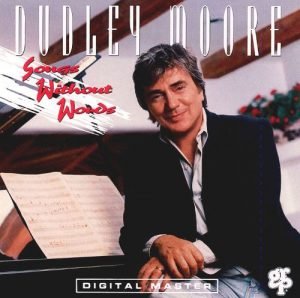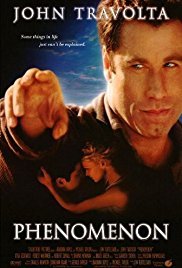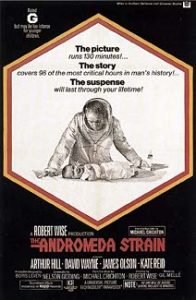 By Douglas C. Jones
By Douglas C. Jones
ISBN: 0-684-14738-6
Publication Year: 1976
Tags: Historical Fiction, What-If, Native American, Military History
Rating: ★★★☆☆
George A. Custer, ranked as a General in the War Between the States but who was returned to the rank of Lt. Col. during his time commanding the 7th United States Cavalry, died at Little Big Horn. This what-if historical novel considers the question of Custer’s survival, and what a court-martial might find of the evidence presented to it of Custer’s actions that lead to a head-to-head battle of several hundred cavalrymen against several thousand Native Americans — or as they’re called in this book, with both historical accuracy and a conqueror’s prejudice, “Indians,” “renegades,” or “criminals who wouldn’t stay on the reservation”). Continue reading “Court-Martial of George Armstrong Custer, The”






